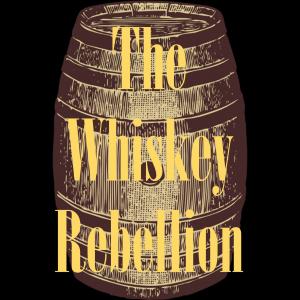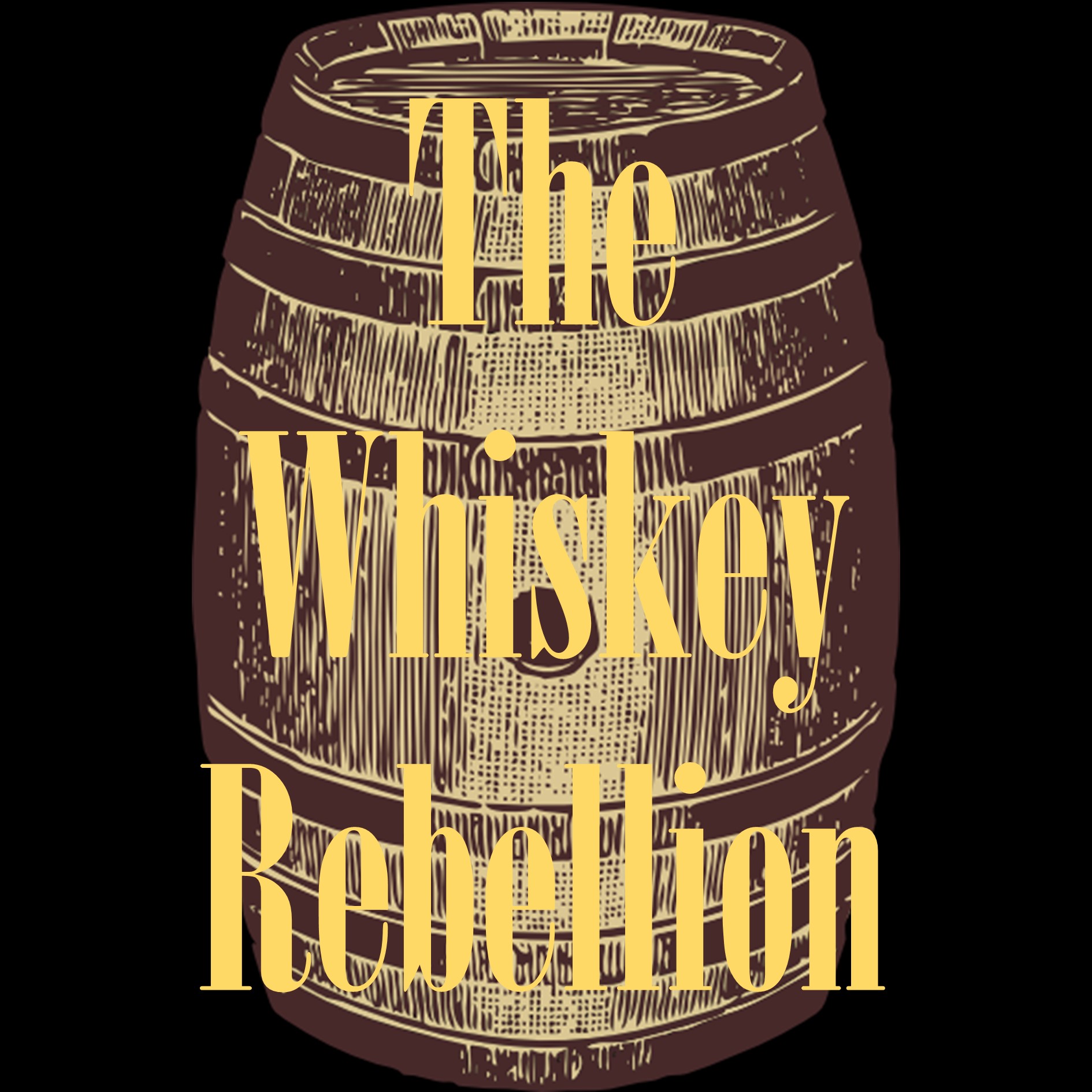Episodes

Thursday Aug 05, 2021
RIP Gary B. Nash
Thursday Aug 05, 2021
Thursday Aug 05, 2021
Joined by Miles Stanley, Frank and David discuss the life and career of historian Gary B. Nash.
Last Drops
Frank: Congrats to Karin Wulf for her appointment as Director of the John Carter Brown Library
David: Questlove's new documentary Summer of Soul
*POSTSCRIPT*
After listening to the episode, Gary Nash's colleague Marian McKenna Olivas got in touch with some corrections and added details about their important work on the National History Standards and the National Center for History in the Schools. She wrote:
The 1994 History Standards were voted against 99-1 as you say. It was actually a resolution rather than a real power to vote them down, but it was obviously a political hot potato. However, an important correction is that that was not the end of the standards. The team went back to work and the revised standards published in 1996 went forward with little controversy. One of the things they did was pull out all the suggested activities and put them in volumes called “Bring History Alive.” Much of the counting of names in the 1994 version came from the activities. The reason so many mainstream figures were not named in the activities was that there was an assumption they were already in the textbooks! The activities were designed to push students to learn things not in the textbook. With some revisions and the activities moved to a separate publication, the standards were published and are still available: National Center for History in the Schools. History Standards (ucla.edu) Over 70,000 print copies were sold.
The standards are and always were voluntary. That has been true of any national standards published. The Obama Education Department did tie some funding awards into whether schools had adopted Common Core Standards, but that was the closest the US has gotten to any kind of ‘mandated’ standards.
The era outline is pretty much what is adopted by AP History, National Parks Education (Gary was very involved with this as well), and Library of Congress. Some states did adopt the outline.
The much overlooked aspect (in my opinion) were the Historical Thinking Standards. In addition to the eras breakdown, the important overarching idea that has persisted along with the way was the idea to keep looking for untold stories.
NCHS’s NEH funding dried up, but Gary was enchanted with the partnership between historians and classroom teachers, mostly because another of the unsung aspects of the work that went into the years that the teams worked on the standards were their primary source-based teaching units. Gary wanted to keep that work alive, so he convinced the UCLA History Department to take the center in so he could continue that work. He was able to partner with the Getty for a unit on Trajan’s Rome (when I started to freelance for him), the OAH, and anywhere he could scrape together funding to sponsor a teacher-historian partnership. The post 9-11 Teaching American History Grants gave the center funding for a time as did a partnership with Gilder Lehrman Institute of American History for a history-themed high school in East Los Angeles.
Lastly, in probably his last interview, about three weeks before he died, Gary did comment on your discussion question about whether there should be a national history (Gary at ~29 in). The whole episode is pretty solid. Enjoy: How can Americans best teach their children about history? | The Economist


No comments yet. Be the first to say something!